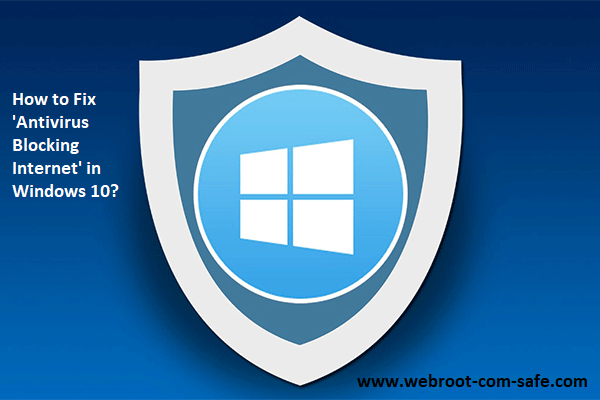How Google Warns About False Antivirus Threats ?
Computer users beware!
Computer users beware! Google has advised that there is an increasing threat of counterfeit anti-virus software that is available via the Internet and that downloading it onto your computer may prove to be harmful. A lot of computer users are fooled into downloading anti-virus programs and installing it on their PCs, believing that the software will protect users from online virus. In reality, they discover that their computer systems are susceptible to hacker attacks. www.webroot.com/safe

Fake antivirus software is continually improved
Continuous improvements are made on fake antivirus software using sophisticated techniques designed to deceive computer users into getting and installing program that is intended to install malware on your computer. Once this code is activated, hackers will have access to the computer , even when you have a firewall protecting your system. If your firewall is compromised hackers are able to gain access to and obtain all of your personal information, like credit card passwords, login information to online banking and other such as.
When you surf the Internet there are notifications on your screen, alerting you of the presence of viruses discovered in your system. The alert will prompt the user to download specific software , run and install the anti-virus program in order to eliminate the virus. Once you have downloaded and installed the program, you discover that you've given away your personal details instead. Amazingly, there were no viruses on your system. You were swindled by cybercriminals.
Don't be able to identify yourself:
There are new methods to deceive people on the Internet in the present. Fraudsters are always coming up with new methods of obtaining confidential financial data from victims who are not aware of it. One way is through fictitious antivirus software. The other method is "phishing", often known as "carding". This is a high-tech fraud that entices the victim to reveal the details of their credit card and bank account information, Social Security numbers, passwords, as well as other sensitive details.
If you're unsure regarding being the victim of identity theft, you'll have to scrutinize your bank and credit card account statements in detail in the order they are received. You must look out for accounts that you think are inappropriate and appear to be unauthorized charges. If you don't receive your statements within a reasonable amount of time, contact the credit card company as well as the bank you use to verify the billing address of your account. www.webroot.com/secure

